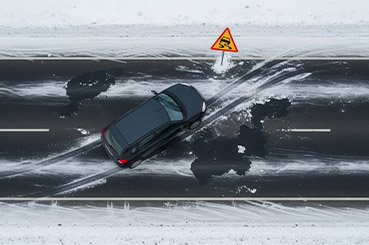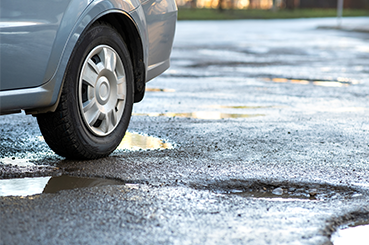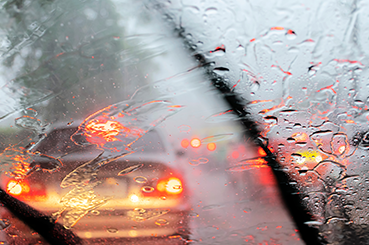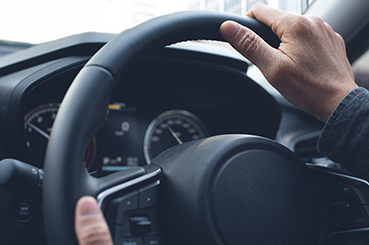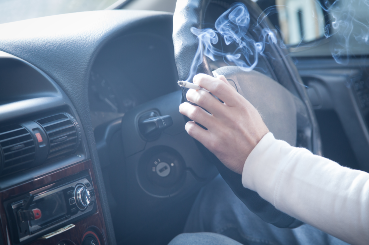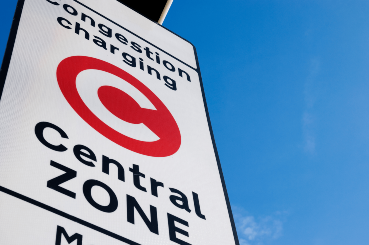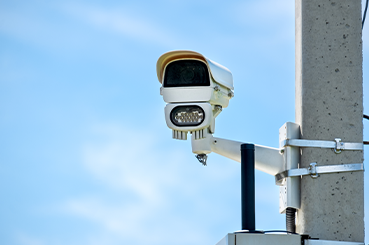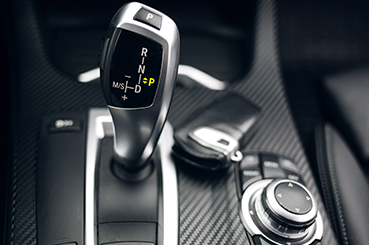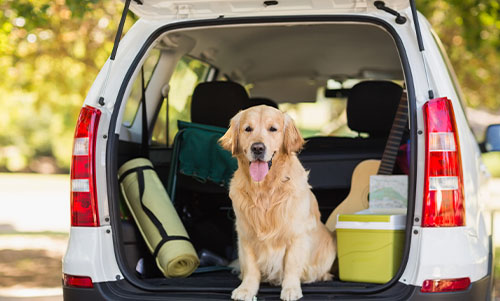
Anyone who suffers from car sickness, or knows someone who does will appreciate how bad symptoms can be and how much it can affect travel. Heading on long journeys can seem unimaginable and mean you completely avoid going further afield.
Car sickness is often prevalent in toddlers and children, however, many adults continue to experience symptoms.
With the summer holidays fast approaching and many Brits planning a UK holiday, we thought we’d take a look at the steps you can take to prevent car sickness. Plus as it is not just us humans that suffer from car sickness, we’ve also included a section with tips on preventing dog car sickness.
What Causes Car Sickness
Car sickness is a form of motion sickness specifically caused by travelling on the road in cars or other vehicles.
Motion sickness is thought to be caused by the body’s inability to discern conflicting motion sensory inputs. Motion is sensed by the brain via different inputs including the inner ear, eyes and tissues of the body surface.
When the body moves intentionally, i.e. when walking, the inputs from all the pathways are coordinated by the brain. However, during unintentional movement i.e. travelling in a car, these sensory inputs may send conflicting messages which can disrupt the brain’s ability to process them.
For example, when sat in a car not looking out a window, the inner ear senses the car’s movements up, down, left and right but the eyes see a static view. It is thought that it is this conflict between sensory inputs which results in car sickness.
This theory also helps to explain why so many children suffer from car sickness, as often they are sat too low to be able to see out of the window.
Symptoms of Car Sickness
Symptoms of car sickness car vary from person to person but usually include at least some of the following:
- Nausea/vomiting
- Pallor
- Drooling
- Dizziness
- Drowsiness
- A general feeling of being unwell
- Sweating
- Headache
Most car sickness symptoms stop once any movement ceases, however, some people may suffer symptoms for a few hours after travelling.

How to Prevent Car Sickness
– If you have a valid drivers licence and are insured on the vehicle, then put yourself in the driver’s seat, as many people don’t suffer travel sickness symptoms when in control of the car. Scientist’s thinks this may be because your brain uses motor commands to control the car and this helps the brain predict motion, which reduces sensory conflict.
– If you can’t or don’t want to drive, then you could try to travel looking straight ahead focusing on the horizon. Travelling in the front passenger or middle rear seat can help as you can look straight ahead through the windscreen.
– Try to minimise motion by making sure you are comfortable before you set off and once moving try to sit still in your seat.
– Close your eyes while travelling and if possible, take a nap. Closing your eyes is thought to help reduce the conflict between what your eyes are seeing and what your inner ear is sensing.
– Try to distract yourself from thinking about feeling sick, which will just make you feel worse. Switching on the radio or getting involved in a conversation can help take your mind off feeling sick.
– Get plenty of fresh air by travelling with a window down. It is thought that fresh cool air can help to reduce the presence of strong odours, which can increase symptoms of nausea.
– Break your journey up by taking regular rest stops as this will help to give your body a chance to realign your sensory inputs and prevent the symptoms of car sickness.
To Avoid Car Sickness DON’T
– Read, watch films or use electronic devices while travelling as focusing on an inanimate object can further skew your sensory inputs leading to an increased sense of nausea.
– Eat a large or heavy meal prior to travelling as if you do start to suffer car sickness you are more liable to actually vomit if you have a full stomach.
– Look at moving objects such as passing cars as this can increase the conflict of sensory inputs.

Popular Car Sickness Remedies
– Chewing is thought to reduce the adverse effects of the conflict between vision and balance, so many people find that chewing gum can help alleviate their symptoms. To help reduce car sickness in toddlers or young children, you could offer small snacks instead.
– Ginger is used all over the world to help reduce the symptoms of nausea and many people find that it is useful in treating car sickness. Ginger can be taken in many forms from tea and soda to cake and biscuits and even tablet form.
– A lot of people also report that acupuncture can be beneficial in treating car sickness, however, as with the above theories, it is not proven.
Most people only suffer mild symptoms which can be alleviated by avoiding certain activities when travelling or taking precautions. However, for some people, car sickness symptoms can be more debilitating and require treatment from a doctor.
Car Sickness Tablets
If the above preventative methods aren’t enough to stop your car sickness, then there are a number of over the counter medications you can try to reduce motion sickness. Pharmacists are able to offer advice on the best tablets for you to try and can also advise whether you need to see a Doctor.
Dog Car Sickness
There’s no denying we’re are a nation of dog lovers, and for many of us, our dogs are part of the family. So it’s no surprise that when we head on our travels, we want to be able to take our four-legged friends with us. However, as mentioned at the beginning of the article, dogs can also suffer from the effects of car sickness.
Car sickness is most common in puppies or young dogs as structures within the ear which are used for balance haven’t fully developed. However, some dogs never grow out of car sickness and learn to associate travelling in the car with nausea.
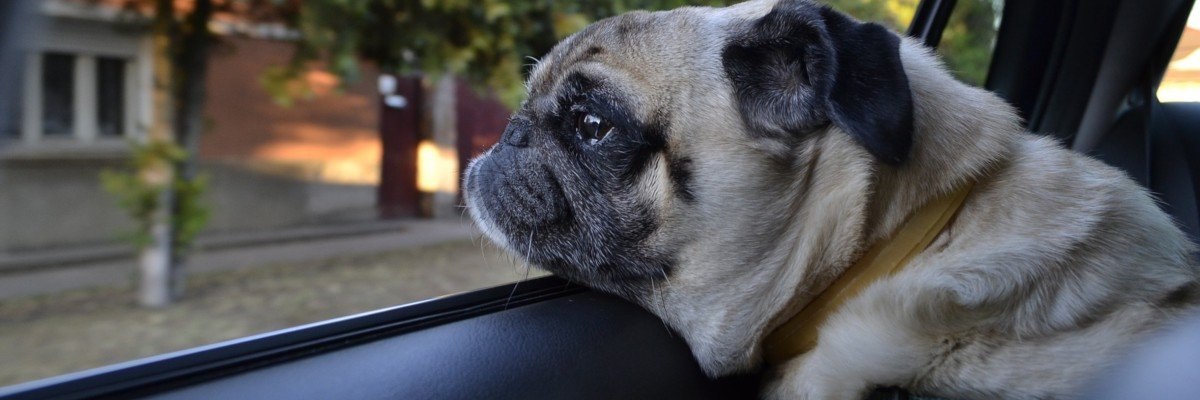
Symptoms of Dog Car Sickness
The symptoms of dog car sickness include:
- Listlessness
- Yawning
- Whining
- Excessive drooling
- Vomiting
- Smacking/licking lips
Prevention and Treatment of Dog Car Sickness
– Try and make car travel as stress-free as possible for your dog to reduce the chances of car sickness.
– Keep your dog forward facing when travelling; a good way to achieve this is to secure your dog in a rear passenger seat with a dog car seatbelt.
– Avoid feeding your dog just before travelling as this may induce sickness.
– Take regular breaks.
– Build up your dog’s tolerance to car travel by taking regular short trips to get them used to being in the car. It is also a good idea to make sure you take trips that result in an enjoyable outcome for the dog so that they associate travel with positive experiences, not just dreaded trips to the vets.
– Like with us, if your dog suffers from more severe symptoms, you can try over the counter medications or even consult your vet for stronger medications if needed.

Do you have any top tips for alleviating car sickness? Why not get in touch via Facebook, Twitter or Instagram to let us know how you manage yours, your children’s or your dog’s car sickness.
